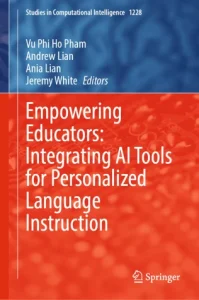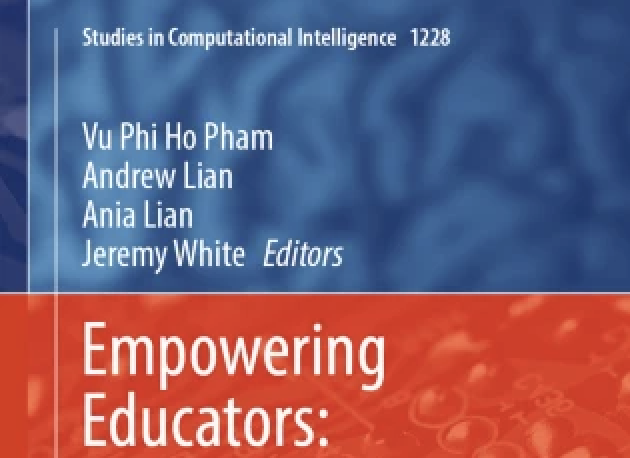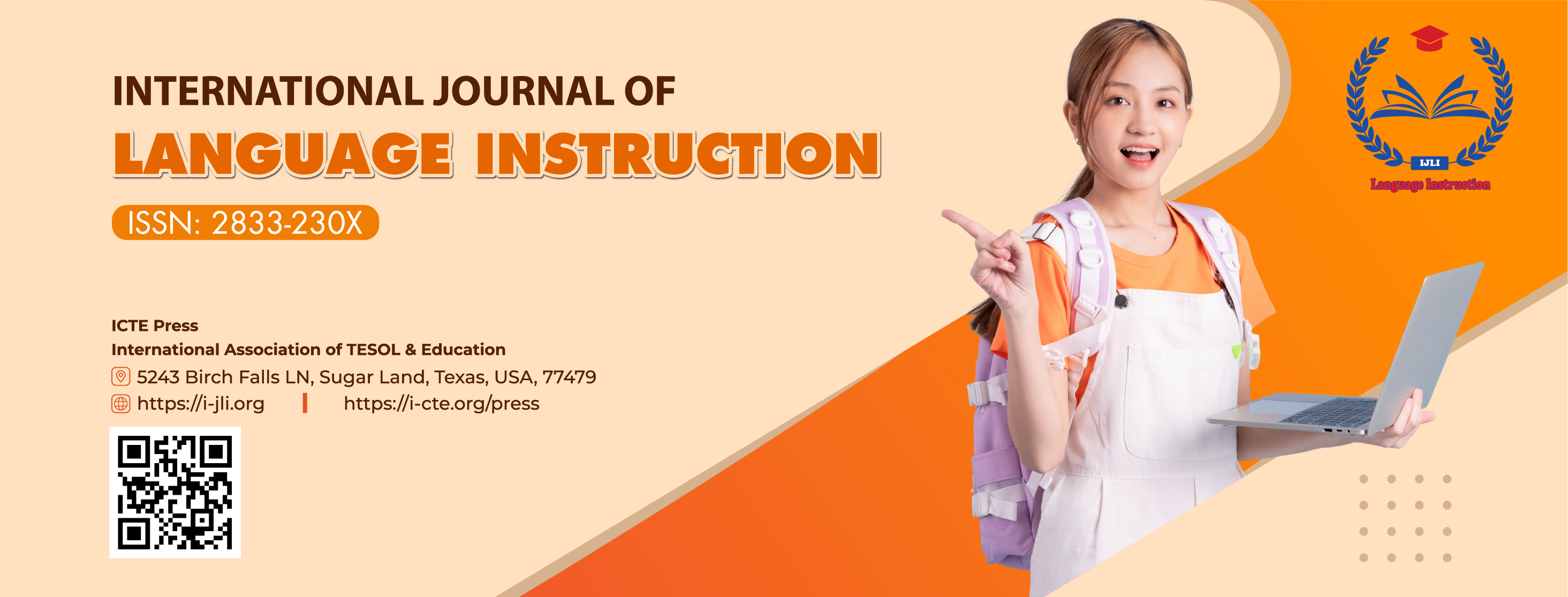 This study examines high school EFL students’ perceptions of technology for vocabulary acquisition facilitated by artificial intelligence and its impact on learner autonomy. The research, employing a structured questionnaire administered to 185 twelfth-grade students in Vietnam, revealed that AI tools such as ChatGPT and Google Translate significantly improved motivation, goal-setting, and self-regulated learning behaviors. Students reported increased confidence and independence through the use of gamification, adaptive feedback, and progress-tracking tools. Concerns over excessive dependence on artificial intelligence, superficial work satisfaction, and insufficient support for profound learning and self-evaluation emerged; however, Students continued to value instructor guidance, indicating a preference for balanced integration despite the promotion of autonomy by AI tools. The fluctuation in student experiences underlined the limits of tailored and contextually relevant support given by artificial intelligence. The results imply that, when used sensibly, artificial intelligence technologies can improve vocabulary learning and learner autonomy; however, pedagogical supervision is required to guarantee important participation and continuous learner improvement.
This study examines high school EFL students’ perceptions of technology for vocabulary acquisition facilitated by artificial intelligence and its impact on learner autonomy. The research, employing a structured questionnaire administered to 185 twelfth-grade students in Vietnam, revealed that AI tools such as ChatGPT and Google Translate significantly improved motivation, goal-setting, and self-regulated learning behaviors. Students reported increased confidence and independence through the use of gamification, adaptive feedback, and progress-tracking tools. Concerns over excessive dependence on artificial intelligence, superficial work satisfaction, and insufficient support for profound learning and self-evaluation emerged; however, Students continued to value instructor guidance, indicating a preference for balanced integration despite the promotion of autonomy by AI tools. The fluctuation in student experiences underlined the limits of tailored and contextually relevant support given by artificial intelligence. The results imply that, when used sensibly, artificial intelligence technologies can improve vocabulary learning and learner autonomy; however, pedagogical supervision is required to guarantee important participation and continuous learner improvement.
Pham, V.P.H., Huynh, Q.Q. (2025). Employing AI Tools for Vocabulary Acquisition and Autonomous Learning. In: Pham, V.P.H., Lian, A., Lian, A., White, J. (eds) Empowering Educators: Integrating AI Tools for Personalized Language Instruction. Studies in Computational Intelligence, vol 1228. Springer, Cham. https://doi.org/10.1007/978-3-032-01348-4_10






